Life has a habit of self-extinguishing, says sustainability advocate Charlie Luxton, quoting research he recently read about the atmosphere on Mars — it’s something he thinks everyone should know.
“So can you write that at the top of the bloody article?” He laughs, but only to express his good humored nature — not to imply an ounce of exaggeration.
Luxton is an architectural designer and a pioneer of greener builds; he’s also spent the last two decades as a television presenter on a number of series on architecture, design, and homes. Together with a team of architects, and his wife Kate as the studio manager, he oversees Charlie Luxton Design — a firm based in North Oxfordshire, England, that specializes in eco-friendly projects.
When I first discovered Charlie, I was going through hell. In my first year of law school and on the heels of a daunting medical diagnosis, I’d stay up late at night calming my nerves and riding out waves of pain, watching Charlie on ‘Homes by the Sea’ — a program he hosted where he visited residences along Britain’s coastline.
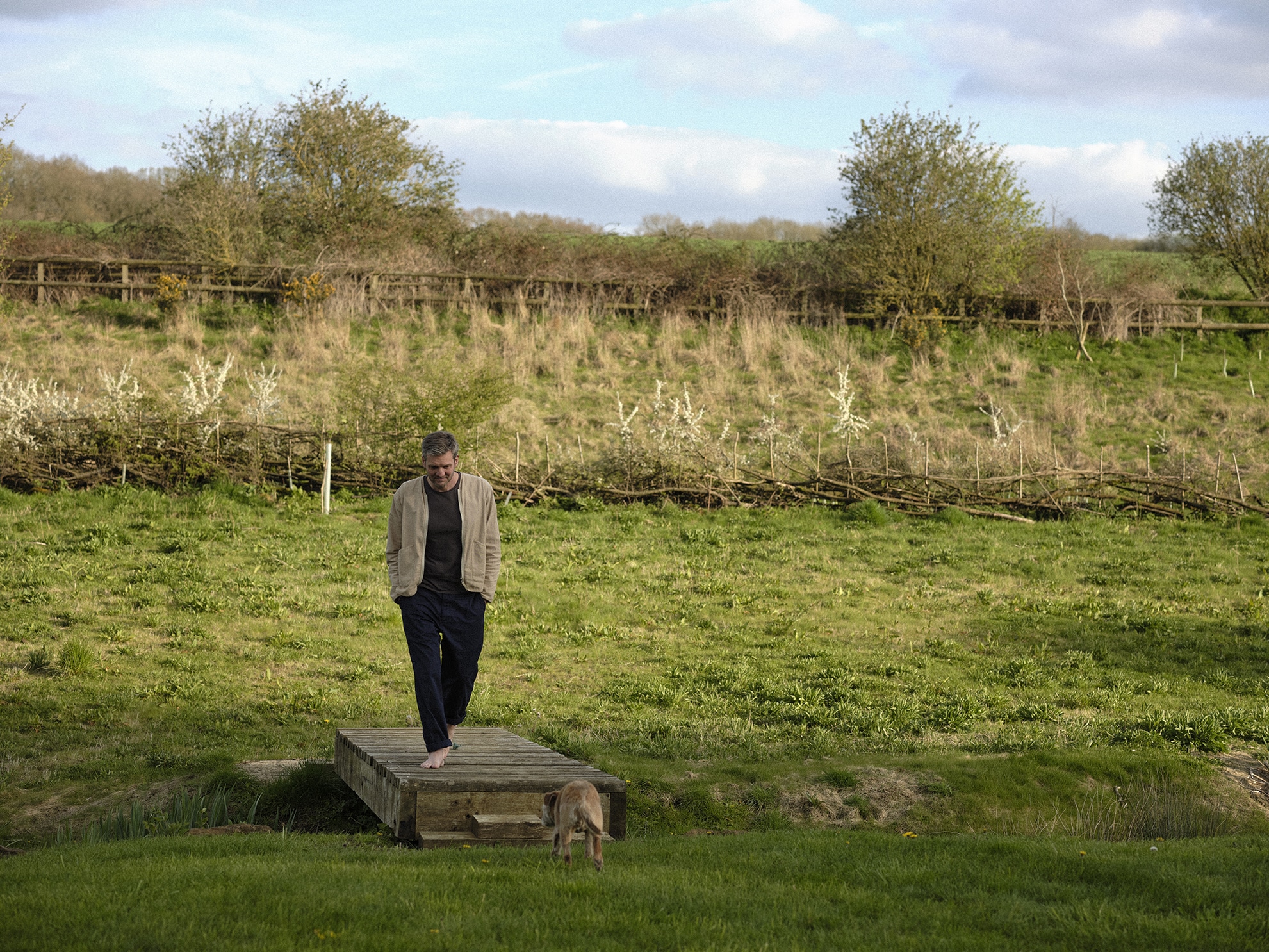
Of course, there are countless shows about luxury homes. But they don’t all have Charlie; his serene but impish demeanor was a salve. He approached the most lavish of environments with a sincerity and lack of pretense completely singular among programming about architecture and design. His rapport with homeowners was void of the corny small talk that often plagues these types of shows; he taught viewers to appreciate not only the spectacular but the practical, the quirky, and the unique elements that turned these houses into homes.
It’s often the case, still, that when you meet celebrities or public figures one-on-one, there’s a chasm between their marketed demeanor and the one they inhabit when the cameras are down. But in the over two hours I spent with Charlie I felt like I was back watching ‘Homes by the Sea’ for the first time; his outlook on life, his genuine down to earth sense of humor, and his passion for making the world a better place are contagious and leave you feeling hopeful and comforted at the same time.
Charlie’s personal foundation
Charlie joined me via Zoom from his office wearing a simple blue jacket and mustard sweater. He was born in central Sydney, though his parents moved him and his two brothers to the English countryside when he was just nine, and that outdoorsy upbringing would shape his interests to this day.
“I had 160 acres of land where I could go and make dens and tree houses and dig tunnels,” he says. “From my earliest age, I remember making dens at home, and then treehouses, and I think it just grew from there.”
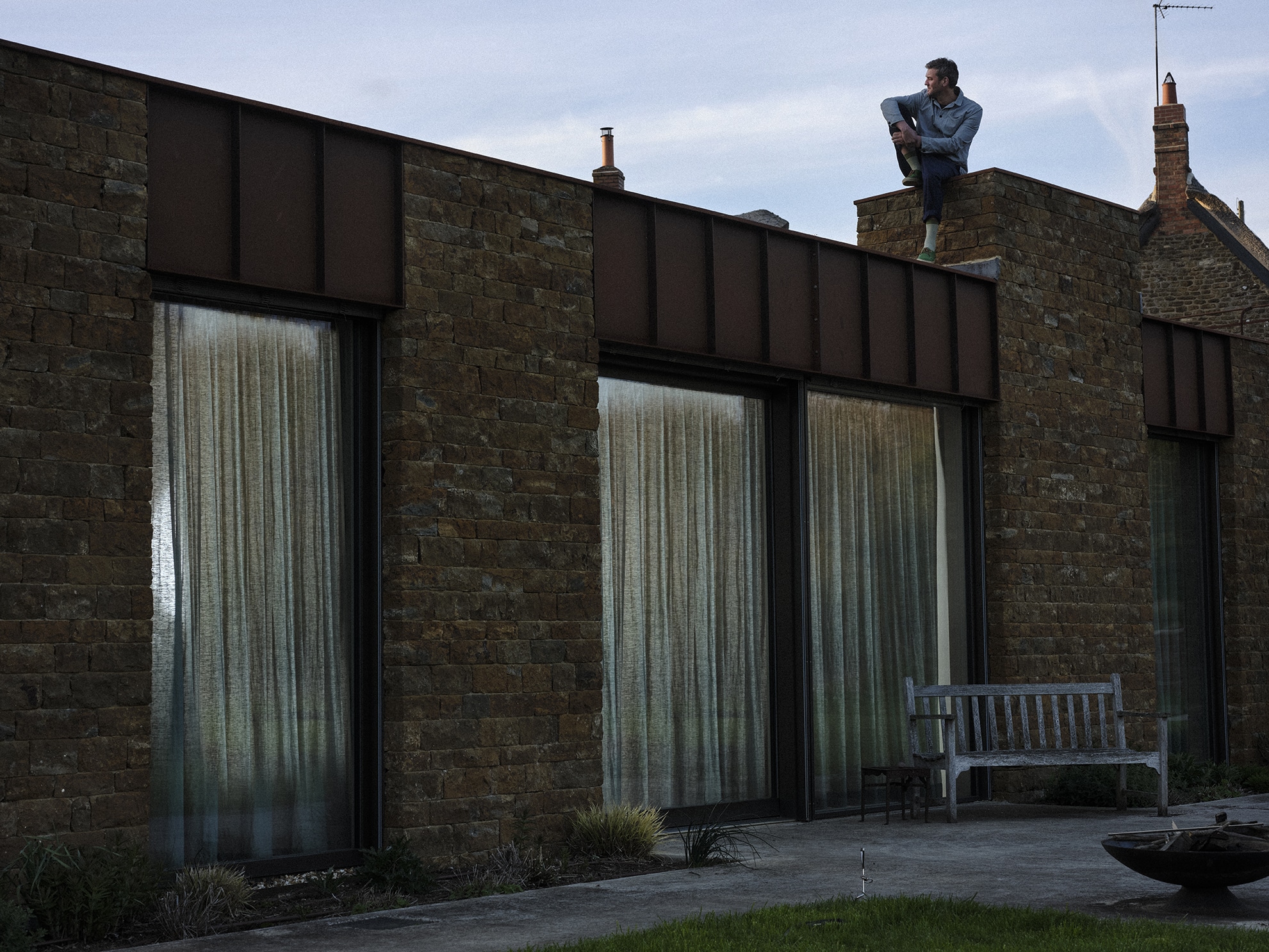
His parents would drive them around to look at all kinds of buildings, though it wasn’t exactly his idea of a good time.
“I just remember as a kid thinking, ‘Oh my god, not another cathedral, this is so boring. Not another pile of stones.’ But they always told us the stories about [these places] — my mom especially would tell us stories, and I think that’s what got me, that we’re living in a history book.”
One visit in particular stands out in his memory — to Castle Drogo — the last castle built in England. He remembers walking through and clocking an “intersecting barrel vault” which he explains as a way two bits of roof come together out of stone. “It was a moment of clarity, of thinking I really want to do this.”
When he turned 18 he went traveling, visiting India and Vietnam. It was in India that he had a similar moment of clarity — but this time about the significance of sustainability. “I had a bit of curry in a palm leaf and a chai in a sun-baked mug. And I remember thinking, ‘What do I do with this stuff?’ And everyone was just chucking it on the rail tracks and throwing the cups on the floor, because the cows will eat the leaves and the mugs will turn back to mud, and I just thought, ‘Whoa, man, we can do more stuff with less impact.’”
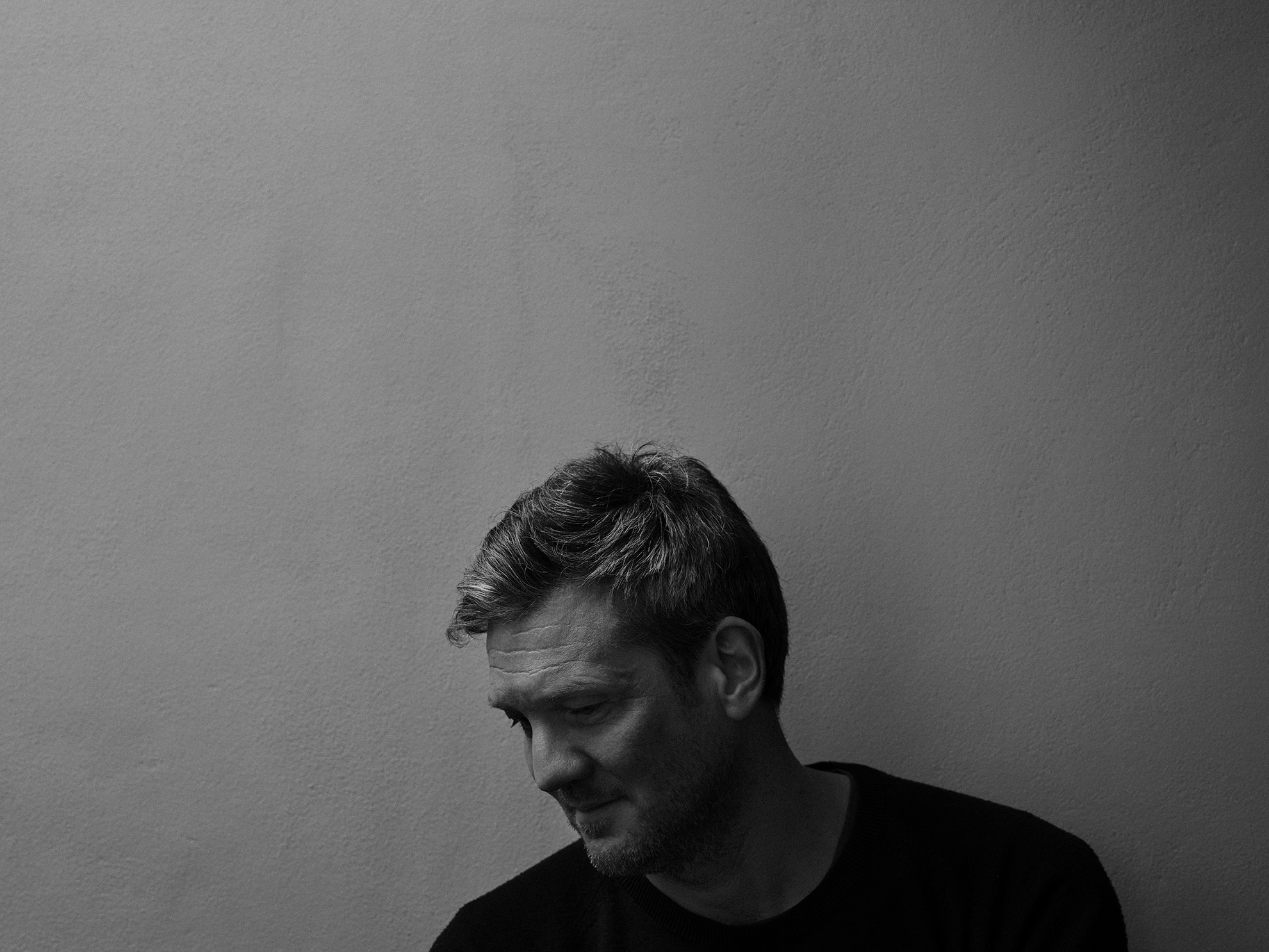
After that, he received his degree in architecture before spending some time working on an ecotourism project in Ethiopia. His passion for integrating sustainability into his architectural practice grew, and he returned to London, where he received his Masters in Architecture at the Royal College of Art.
The concept of sustainability was relatively new to the general social consciousness and Charlie says RCoA was like throwing himself into the lion’s den; at the time it was much more about commerce. But it was worth it, he says. It was also where he — rather serendipitously — began his decades-long career in television.
His friend, the now well-known director Rupert Wyatt, was working on a short film; they started working on it together and before Charlie knew it, he was doing art direction and production design — and really enjoying it, at that.
“Then one day at RCoA, on the notice board, it said Channel Five was looking for a presenter for a TV series. Jamie Oliver was just becoming popular so they were like, OK, let’s do that, but for architecture.”
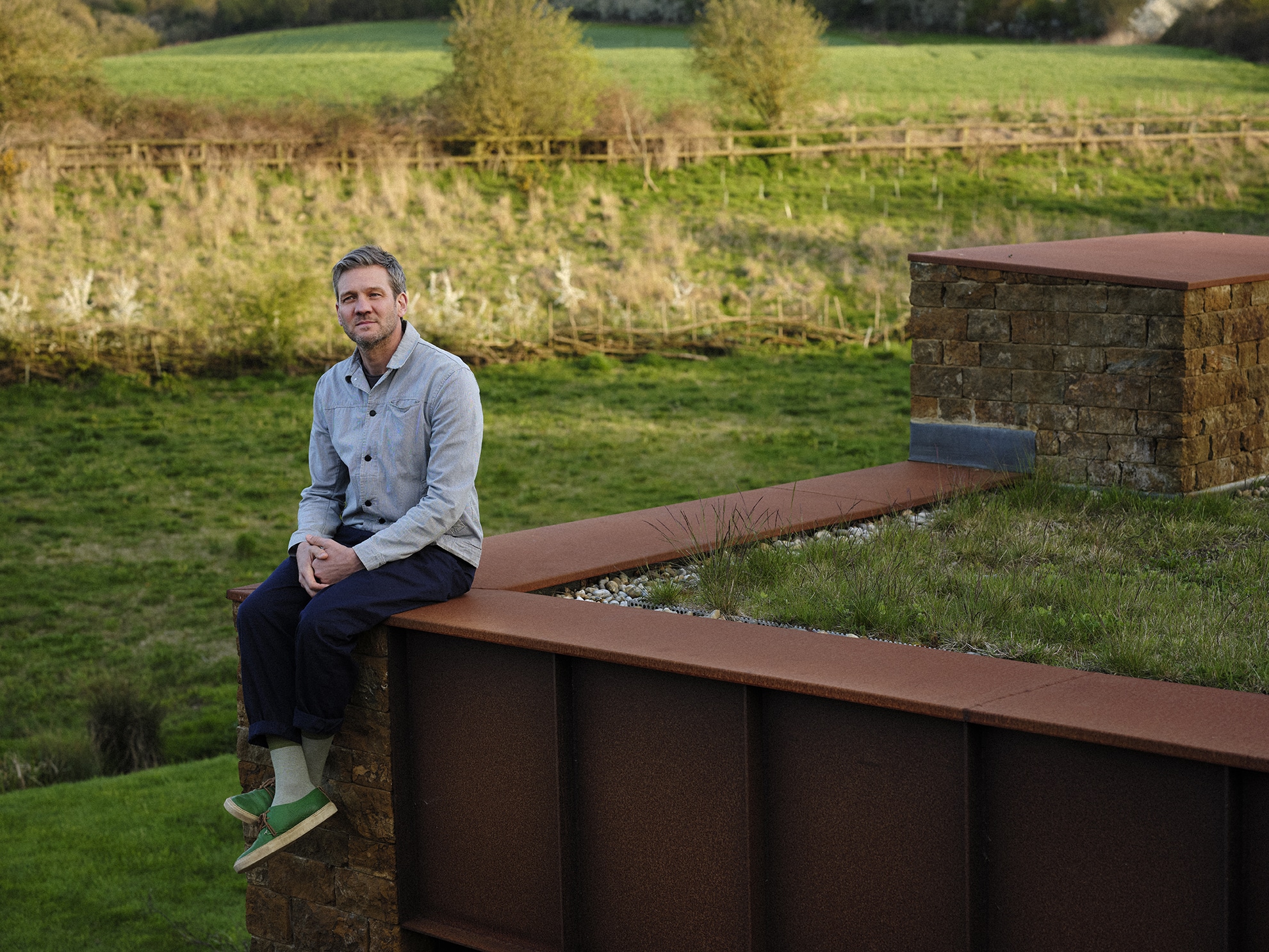
He didn’t like being filmed, and he didn’t really want to be a TV presenter, but he figured he’d go for the audition to get a peak behind the curtain at what a real production looked like. “I wanted to see what it looked like when the grown-ups did it,” he joked.
The kicker — he got the job. “Before I knew it, I was finishing my masters and I was flying around Europe making this TV series, and I haven’t stopped since.”
Making a house a home
That initial sense of wonderment about design as living history has never left Charlie. “I think that’s what’s great about doing architecture,” he says. “It’s pretty much everywhere you go. The thing you love is there to look at and learn from. So if your eyes are open, every day is a school day.”
Today, Charlie is a world-renowned architectural designer and a fixture on television in the UK and abroad. Despite this, he seemed genuinely surprised at my interest in profiling him — about how much I admired his work and how much it meant to highlight it. “If that’s true, I’m enormously flattered. And if it’s not, I’m still hollowly flattered,” he said through a chuckle.
“I’m still just building dens, really,” he says of how he views his work; humbly and with joy.
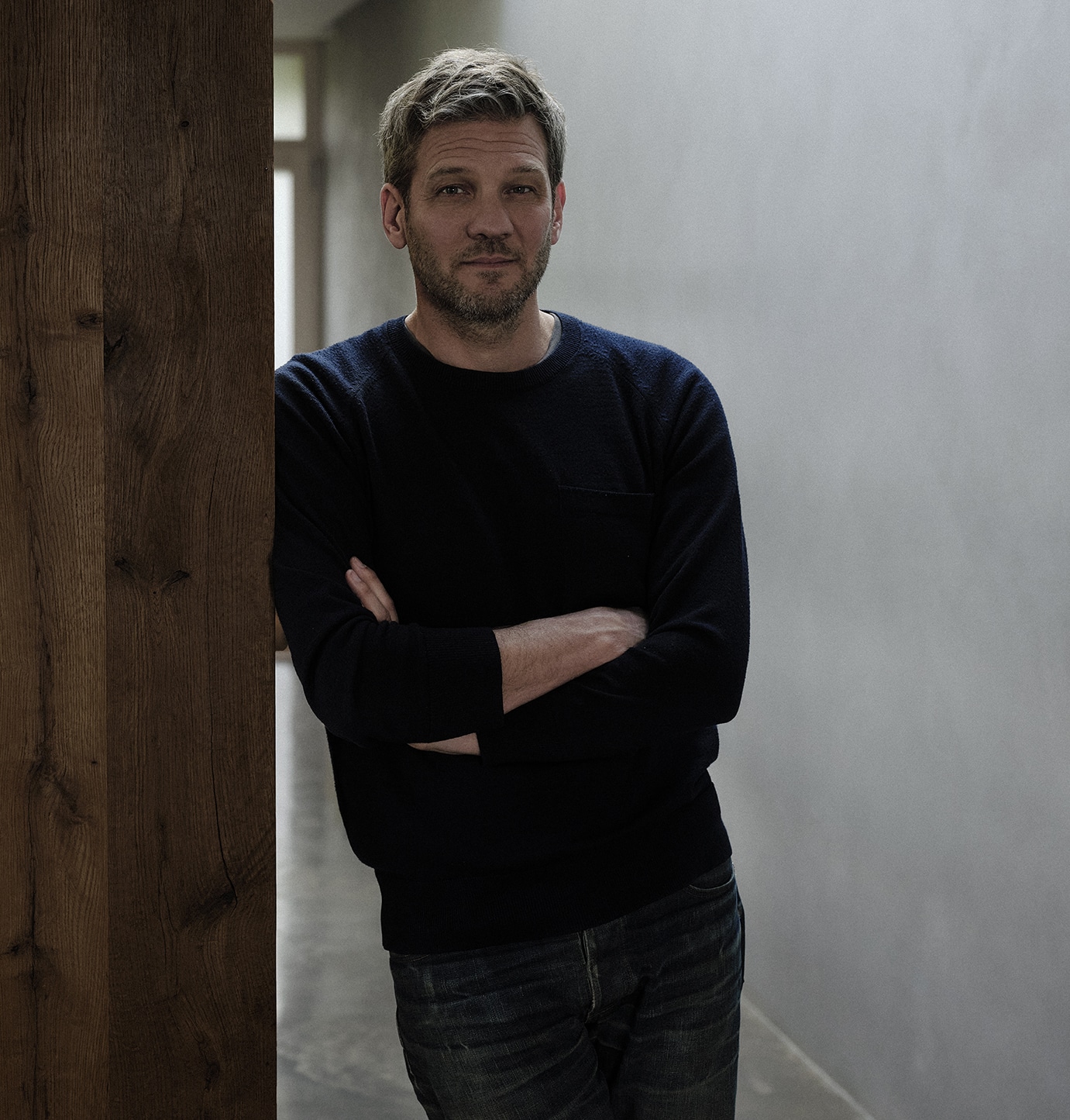
Charlie’s approach to designing homes is simple; he puts a premium on comfort and liveability and is intent on proving that none of this has to come at the expense of beauty or aesthetic. But rather it means we have to think about our lives — and ourselves — in perhaps different, and more honest ways.
“I think we all like to live in nice places,” he says. “And if a place looks nice and makes you feel good, that’s bloody great, right? But that’s what it should be about – how it makes you feel.”
This, he says, often gets lost in translation when homeowners are navigating what they think they should want their home to look like, and how they actually want to live in it.
“So often we end up in conversations with people who are designing their houses for this other person that doesn’t really exist — like an alter ego, or someone they might sell the house to.”
It’s a complex brief, he says, marrying the function of a home as a status symbol with its actual use and purpose for its inhabitants. And it’s often counterintuitive from what we’ve been socialized to understand as aspirational living — acres of perfectly manicured grounds, sprawling mansions with ten bathrooms, fifteen bedrooms.
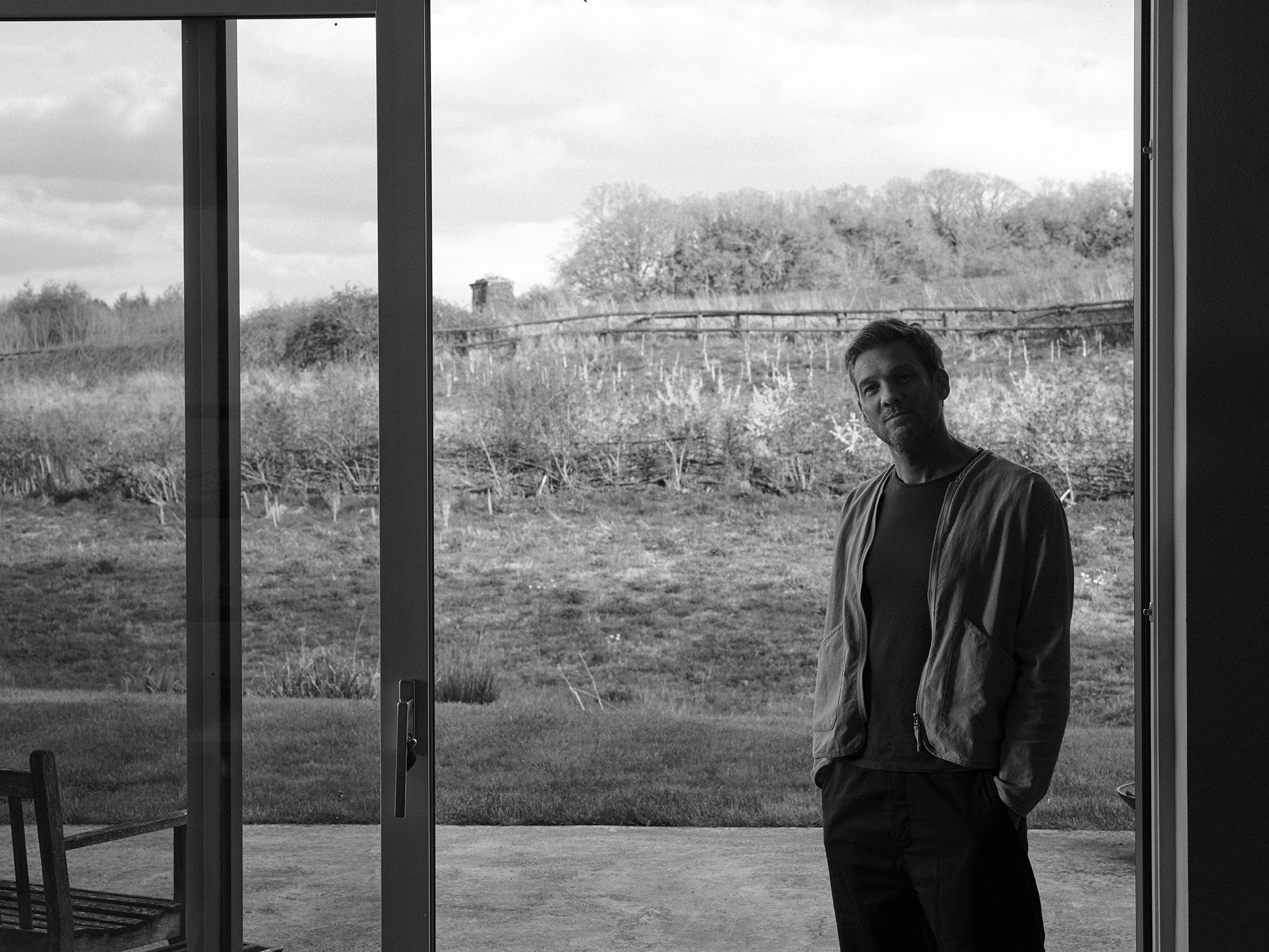
“Who even changes the loo rolls in a house like that?” he laughs. “And the fact is, if you’ve got that many loos, one of them is gonna break every six months and then you spend your entire bloody life fixing crap. Who actually wants that? I don’t. I want a quite simple thing, if possible.”
But that doesn’t mean Charlie’s builds are without indulgences. The homes of Charlie Luxton Design are breathtaking; modern and yet warm; simple without feeling sterile or cold — luxurious and dreamy without being pretentious or gauche. In his own home, which is just a stone’s throw across a field from the offices of Charlie Luxton Design, the en-suite bathroom to his bedroom features a door that opens to the outside. It’s a simple, but oh, so luxurious experience.
“When you’ve just had a hot shower, even in the middle of winter, you just go and stand there and feel the heat leave you and watch a bird.. It’s just so nice.” Describing it, that quintessentially impish grin spreads across his face. “It’s also just very good for shaving,” he laughs. “I just go outside and shave and I don’t have to spend 10 minutes cleaning the sink – ultimately maybe it comes down to being bloody lazy.”
I point out that in fact I think it’s perfectly in line with his ethos of mixing practicality with the luxurious comfort that comes with ease of living. “Exactly, a higher thought of core spiritualism with just being a bit lazy.”
Even this rather cheeky anecdote though, reflects a larger, more cerebral element to Charlie’s work. He describes his role as a truth seeker of sorts; someone whose job is to coax out who a client really is. He uses the example of clients who want to build homes to entertain. “We have to really ask them — how many parties are you actually going to have? You’re going to have one the first year, then maybe another three years later. And you’re designing a home around this party? I’m not sure that’s a great investment.”
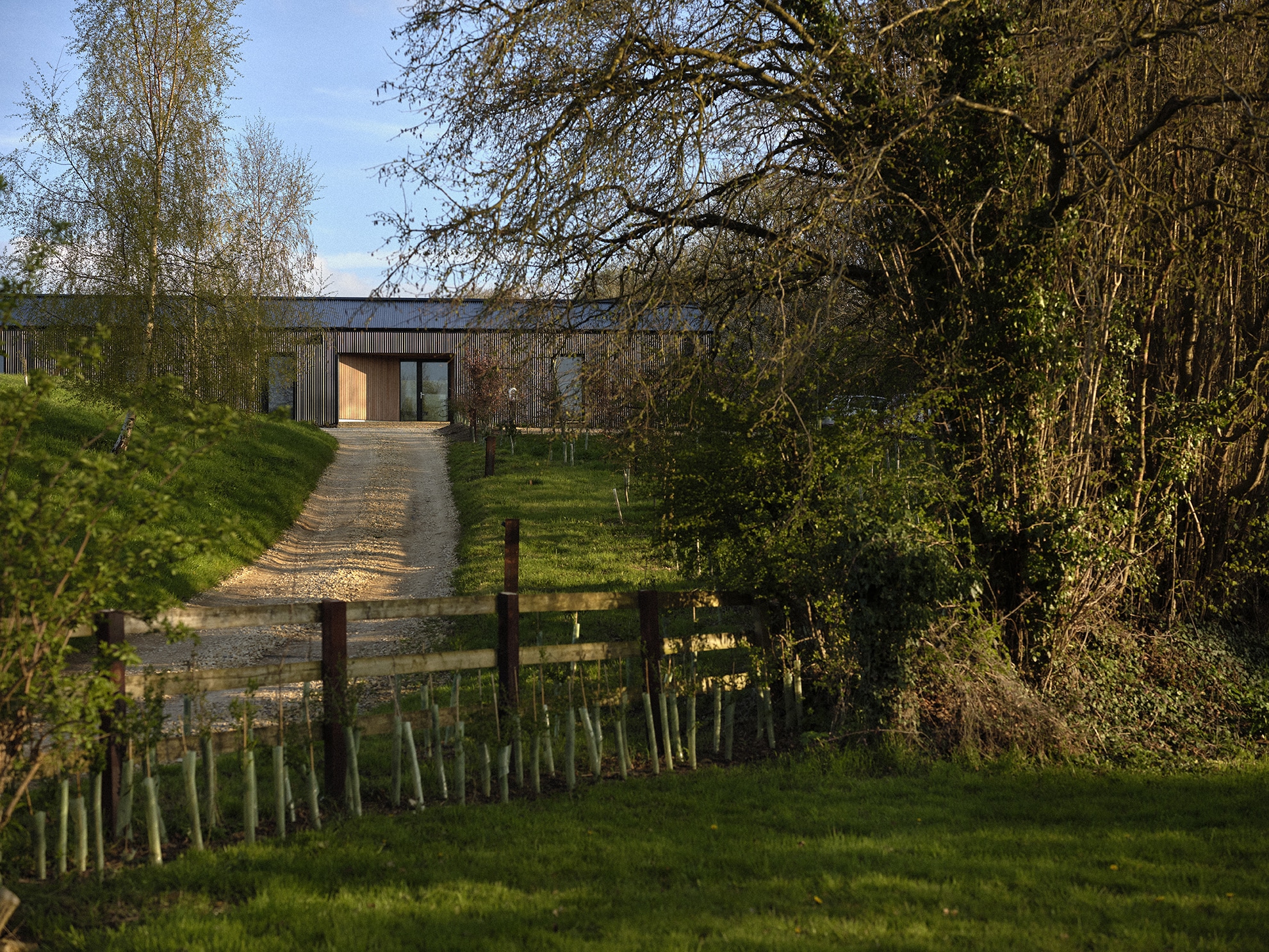
Similarly, often a client will come to their firm looking to build an extension, he says, and instead what they’ll end up doing is working within the existing structure to achieve the same effect — rather than falling into the trap of thinking that a bigger home is necessarily a better one.
“Designing homes for people is a lot about trying to get them to be really honest with you about what is gonna work and why they want to do it,” he says about the importance of understanding that homes are for living in, above all else.
Charlie himself isn’t wholly immune to the occasional impulse towards these habits, he admits. In his own home, his kitchen boasts a beautiful oak work surface. “A month in, I got a fucking mark on it,” he says. He called up the woodworker in the village who made it, asking if he would fix it. “No man, in 10 years, it’ll look just right,” George the woodworker replied.
Now Charlie says he channels George whenever he feels that drive for perfection creeping in. “The perfection will drive you mad,” he says. “If you accept fallibility in what you’re doing in a pattern, or in aging, or in humanity, then you create a backdrop to human life.”
Along with accepting fallibility, comes putting a premium on honesty in everything Charlie does. He shares a story about a recent mistake made on a job, a small error involving a paint color. Fixing it, making good on the cost, and being upfront with the client, were all givens — a practice that’s not exactly normative in business.
“It’s all those little things that add up. And I suppose it’s an analogy for how you live your life, isn’t it? It’s all the little decisions that add up to make you the person you are. And I think it’s all those little decisions that add up to make buildings we produce.”
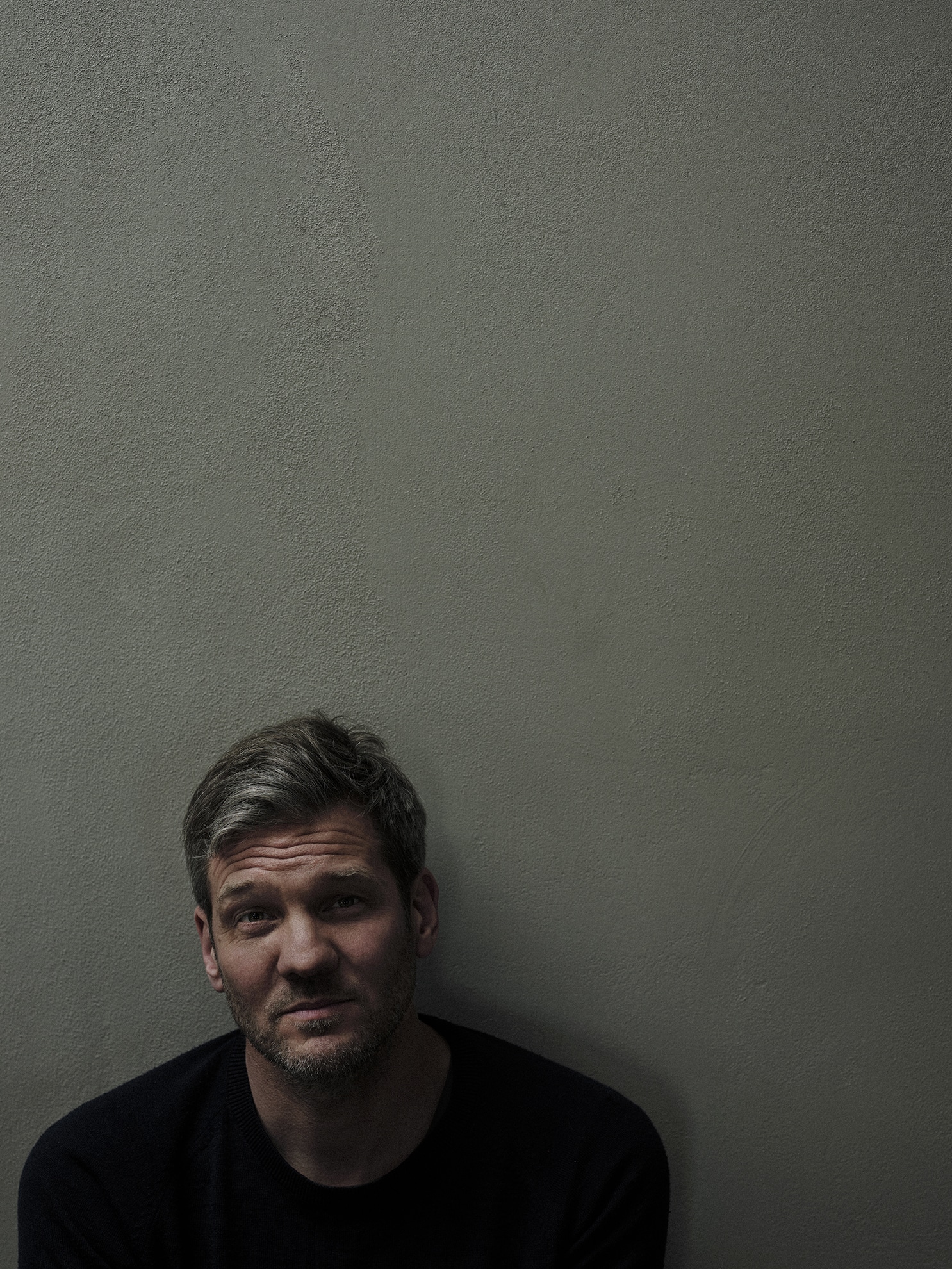
Constructing a better future
The central tenet in all of Charlie’s projects is his commitment to sustainability — it’s clear he sees his building and design work as wholly inextricable from a responsibility to the environment.
“I got very interested in low energy buildings because of a wider concern about the planet,” he says. “But what no one really talked about when we started designing these low energy houses is how comfortable they are. A highly insulated house for example, that is airtight with mechanical ventilation heat recovery systems, is so comfortable and calm compared to a home that is using a lot of energy to be kept at the same temperature.”
He explains that the more stable and natural energy flow in a low energy building actually creates a more serene environment, and one that maintains a more comfortable temperature, even year round.
“I know I sound like a hippie,” he says. “But hear me out, and think just how wonderfully comfortable and luxurious that feels — that you can walk around in your dressing gown and slippers everywhere in your home and feel comfortable. Man, that’s living in my book.”
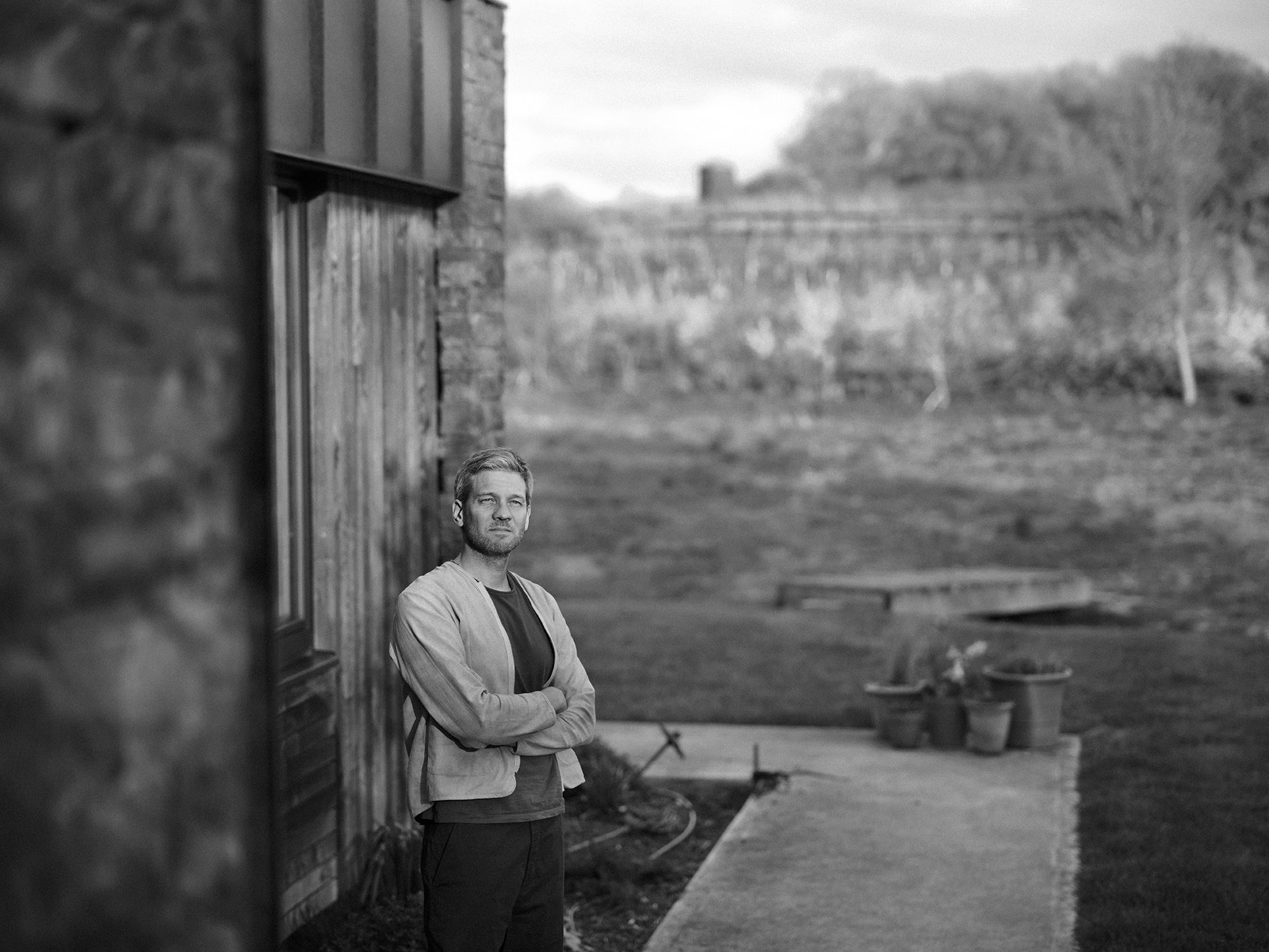
A common misconception is that going green is for the bourgeois; only for people who can afford Teslas and organic groceries. Charlie concedes that there are costs associated with making eco-conscious decisions — but the long-term payoff far outweighs the initial investment.
“There is a slightly higher cost upfront,” he explains. “But there is a lower ongoing cost. Alternatively, if we put people in poor quality housing because we can’t afford to make housing better, we end up paying more in healthcare and these homeowners experience poorer outcomes because everyone’s flipping miserable in these damp moldy homes.”
He points to studies that show that the return on investment for sustainable builds in quality of life speak for themselves. “In the end, it does wash its face.”
Charlie and his firm are currently undertaking two large scale projects that aim to make sustainable living more accessible. The first is an affordable housing project in his own community, comprised of twelve low-energy homes.
Communities are often reluctant to embrace housing developments as the projects are no longer run by local folks. “Now, [some developer] will build 75 houses in a village, and then all the profit from the project goes in a white transit van back to London or to the shareholders, and none of it stays locally.”
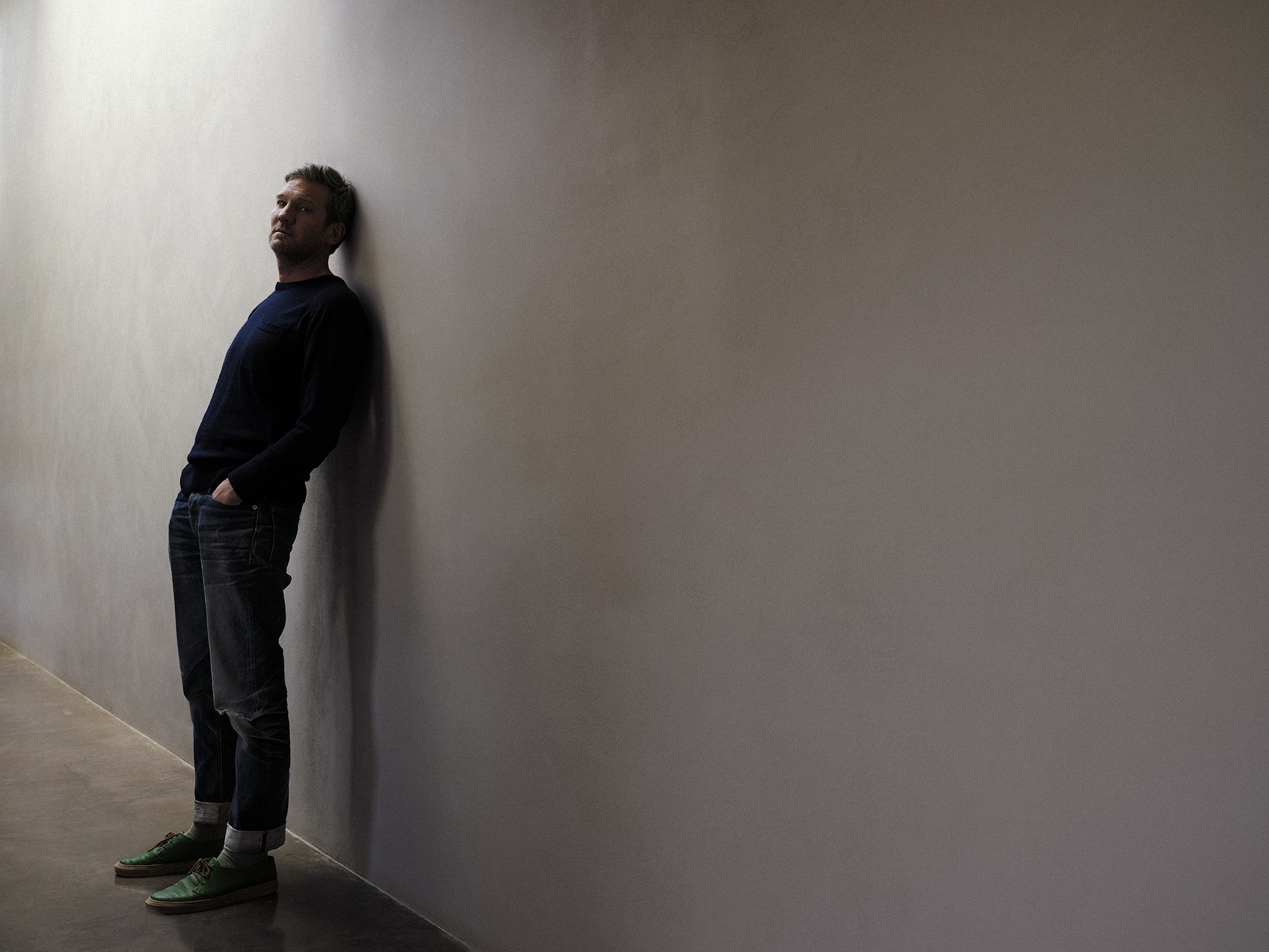
Charlie’s project, by contrast, is made by and for the village; locals have been directly involved in the design process, and will get priority when the homes are ready to live in. This collaborative approach has made the community all the more welcoming and excited about the prospect of this new development.
“They’re not against development, they’re just against exploitation,” says Charlie. “The human condition is about fairness, right?”
The second project Charlie and his team are undertaking also serves to connect people with nature in a way that engenders respect and love towards our earth. They’re in the process of working on a rewilding process — one in Scotland and one close to Oxford in a still unnamed location, he says. In a space of about 300 acres, they’re aiming to create an experience where people can have a deeper connection with nature.
“The reason that we got really into that was we’ve got four and a half acres here where we built our office, and we’ve basically been letting that go and rewilding it, or wilding it, should I say.”
Over the last five years, he’s watched the grounds surrounding his office become a refuge for wildlife of all kinds; one where he can soak up the sounds and sights of local animals and plants. He mentions just the day prior he watched a kestrel hunt a vole; he sees foxes, deer, owls, birds of prey — all on their doorstep. Their larger-scale rewilding projects will achieve this, on a much grander scale and for a wider audience.
“It’s about bringing people from places where they might not have this experience, or this exposure to nature,” he says. “And then hopefully that can lead to change.”
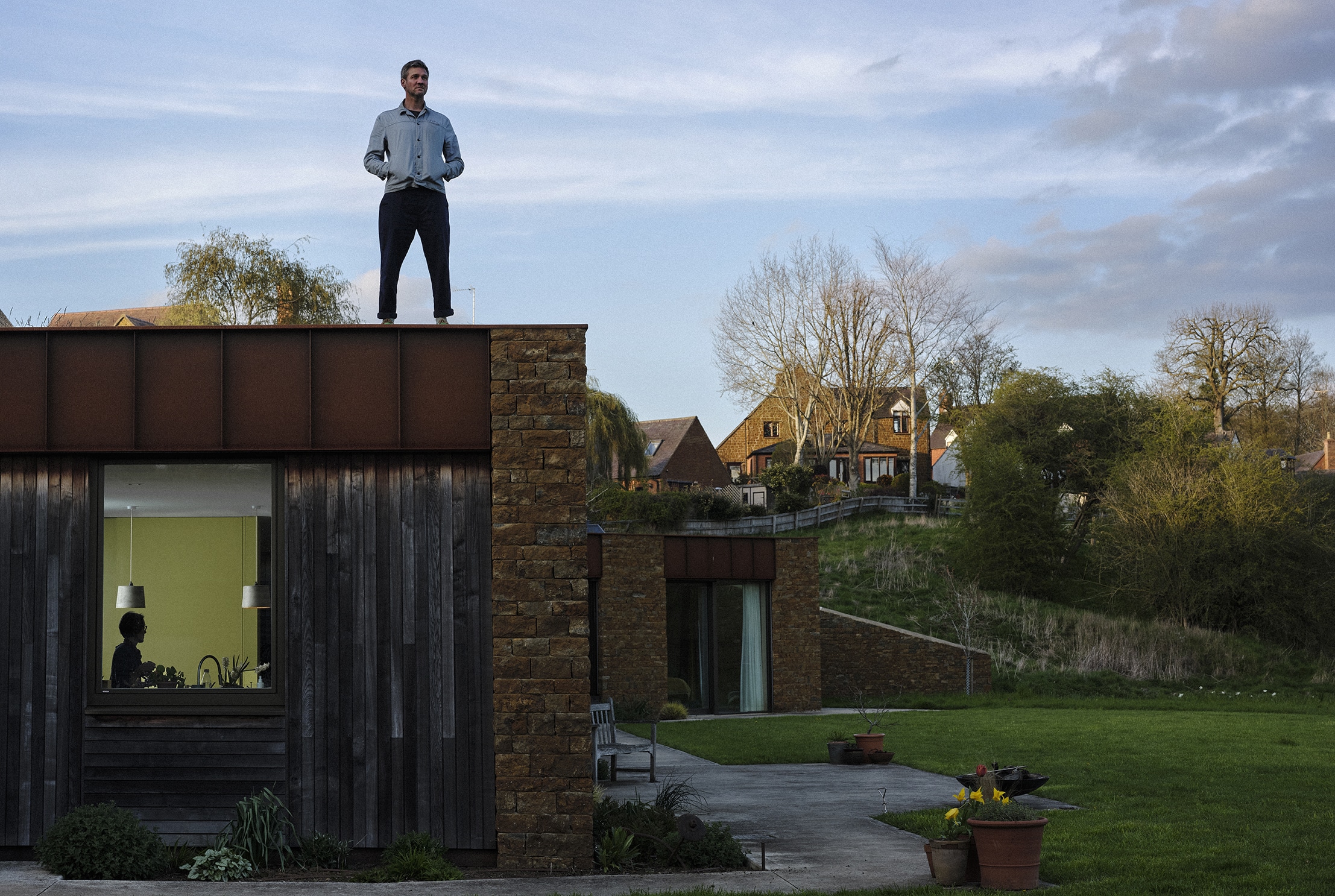
Charlie is a wealth of knowledge about every wonky statistic, or piece of research there is about sustainability and environmentalism. He spoke to me at length about the benefits of reworking existing structures versus demolishing and building new ones; about the looming deadline of the carbon allowance we have left — one that doesn’t even stretch 40 years, he says.
We talk about the politics of sustainability; the unnecessary partisanship that plagues conversations about going green and climate change. He is hopeful but not saccharine in his outlook on the future; an optimist without naïveté. Charlie is buoyed by the voracity of the younger generation’s passion and hopes he’ll see as much of it as possible directed at saving our environment. He stresses that the human and social justice rights we fight for cannot be sustained by a planet that is dying.
He also points out sustainability is often contextualized by the need to give things up — of being told no, no you can’t eat that, no you can’t do that. But building the homes we live in to sustain the health and well-being of the people we love is the furthest thing from a sacrifice imaginable — and Charlie’s work is a testament to that.
The community housing project is a living, breathing illustration of the fact that sustainability is about more than installing solar panels and eating less meat; there’s a holistic human approach to it as well. Intertwined with the low hum of dread associated with environmental awareness comes an understanding that in order to achieve the care our planet needs to survive, we have to show that level of care to each other, Charlie says.
Building lighthouses
“It sounds crass,” he says, “but how the f**k can we be kind to an ecosystem and a tree and a bear, how can we value these slightly intangible things if we can’t even be kind to each other? That’s why I find we need to focus on fairness, and kindness, and happiness, right?”
It can feel daunting, tackling these existential questions about humanity and the imperatives of environmentalism — questions that are, at the same time, inextricable from the very concrete realities we live with. Architecture, as it turns out, offers a nuanced, creative, and at its best, collaborative, solution.
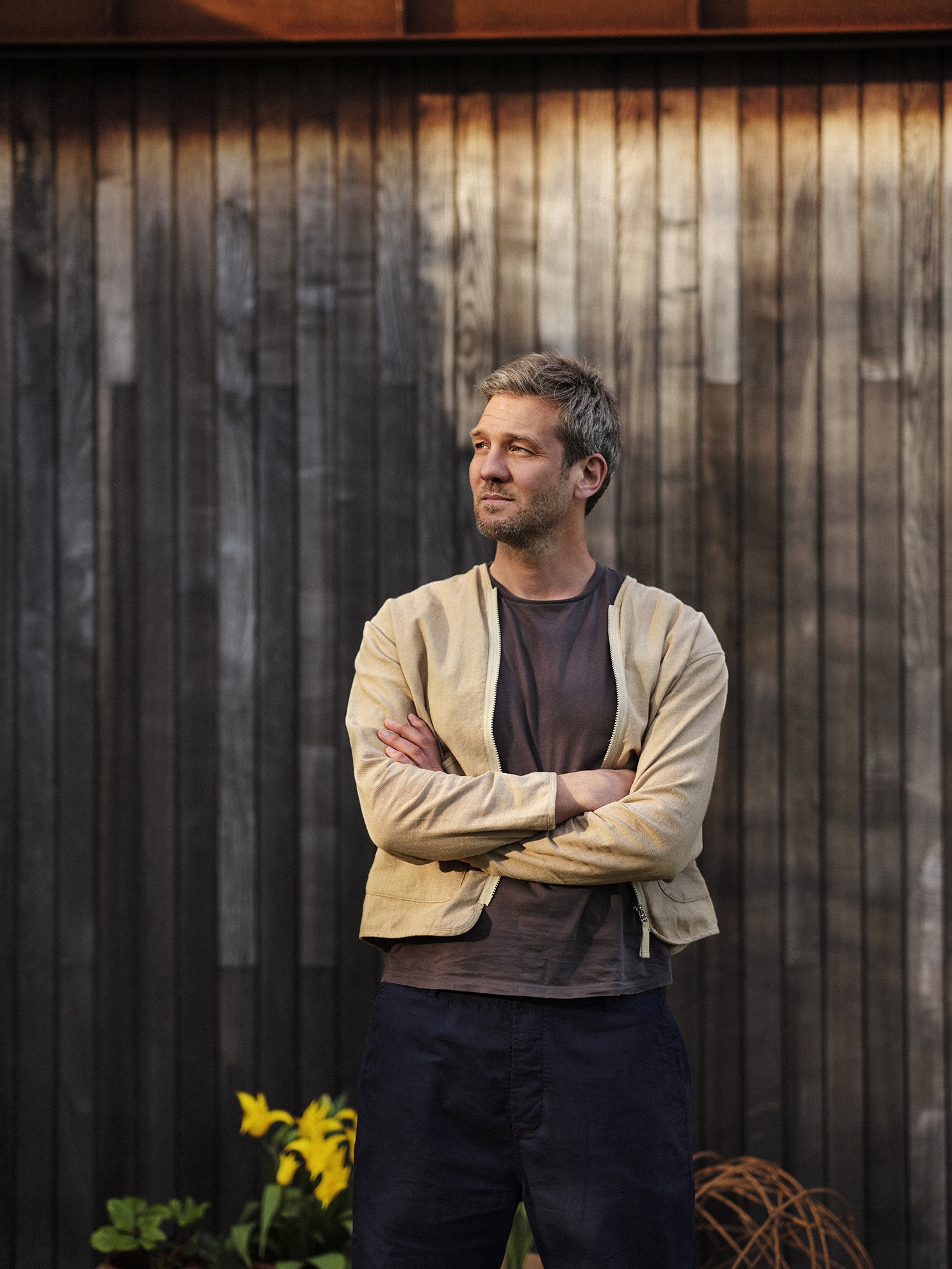
It’s also an obvious and natural fix to a global scale issue. The way driving electric cars and eating plant-based diets have become normative parts of achieving a more carbon neutral world, it seems overwhelmingly simple to realize that our homes: the structures we park those cars in front of at night, and the places we cook those sustainable meals, should too be a fundamental part of our efforts to — without hyperbole — save the planet.
And if there was a grounding principle — a foundation, if you will — to our conversation it was this: the importance of sustainability is wholly inextricable from the nuances of the human condition — the need for trust, honesty, and hope. Charlie’s work is not only impactful, it is instructive. It teaches us about different, better ways of living, and shows us that they are possible.
“The reason we do this,” he explains, “Is that people need lighthouses. They need projects that send light out to say, ‘This is a different way of thinking.’ Because then people will do incredible things, and that’s how change happens, isn’t it?”
Learn more about Charlie’s work here


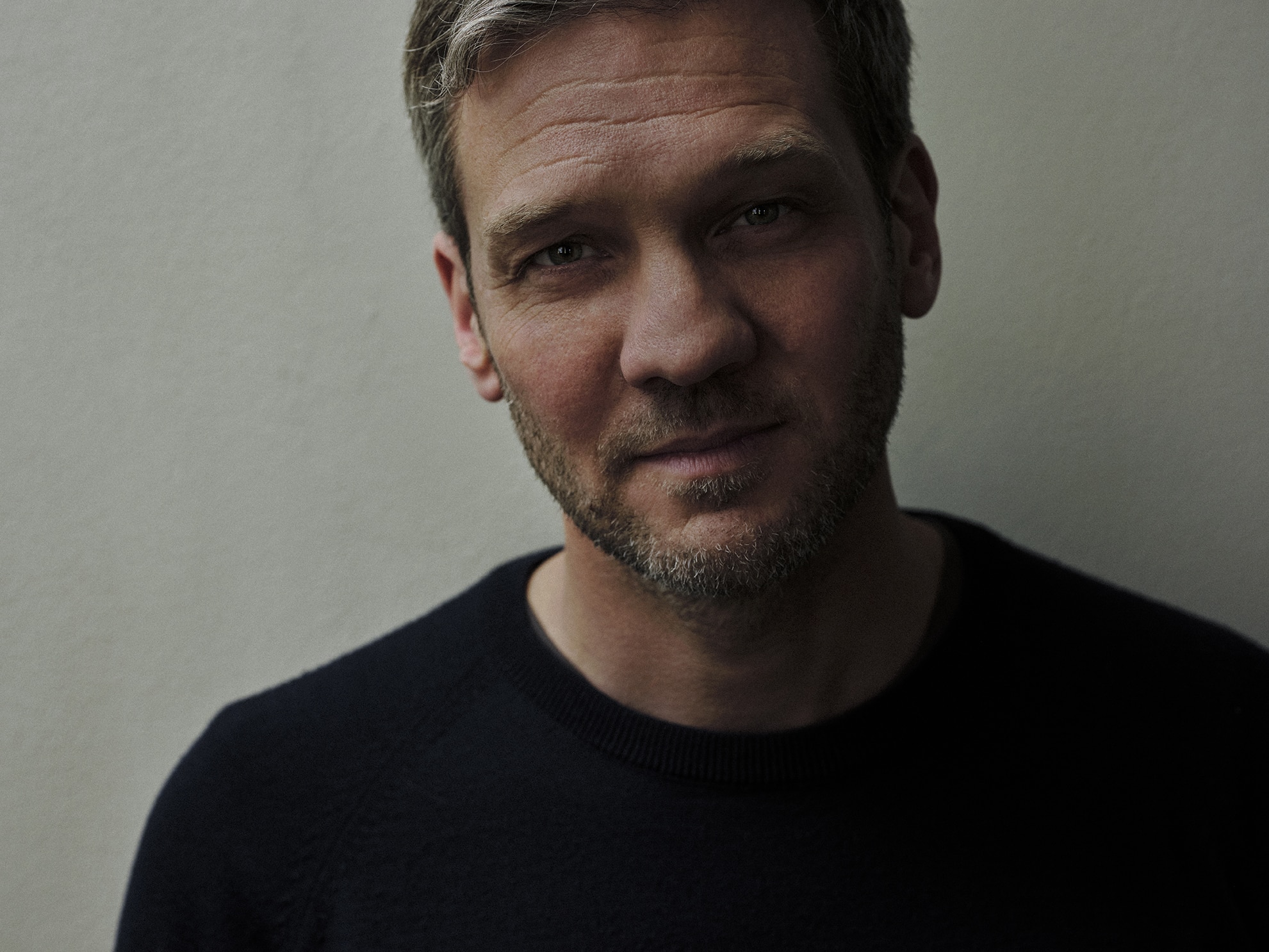
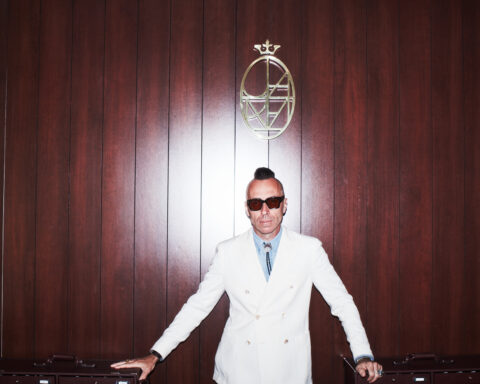
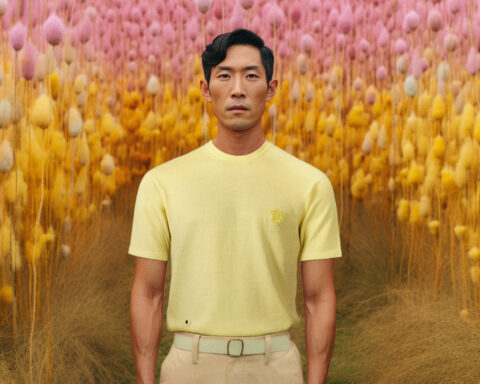







Another great and well written article by the MrFeelGood Team! Trust, Honesty & Hope are the key takeaways from this article for me. Thanks for sharing Charlie’s story with us and I look forward to more! Keep ’em coming guys! Richard.